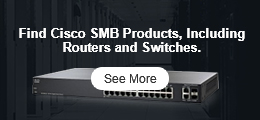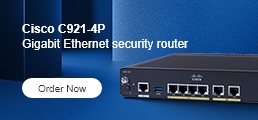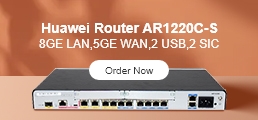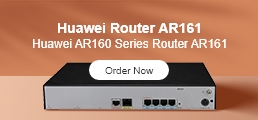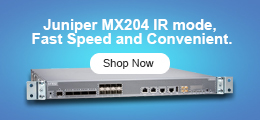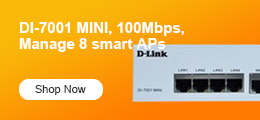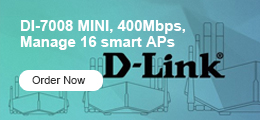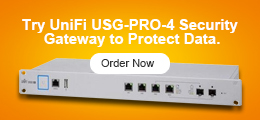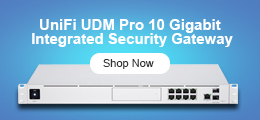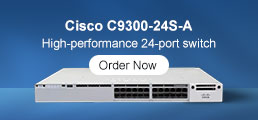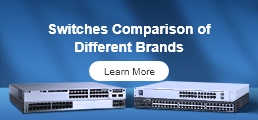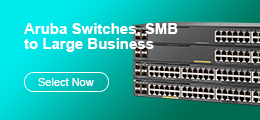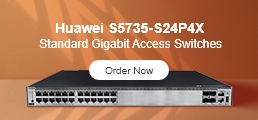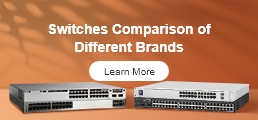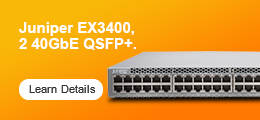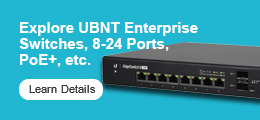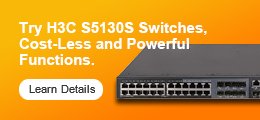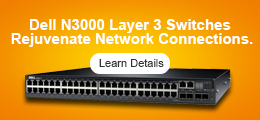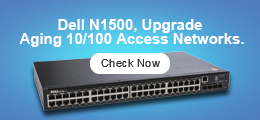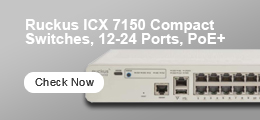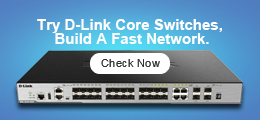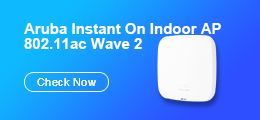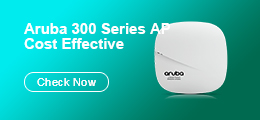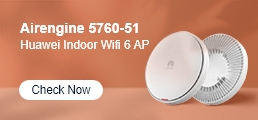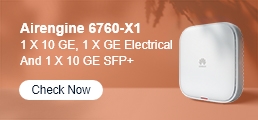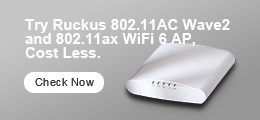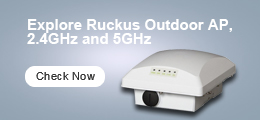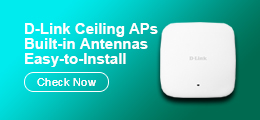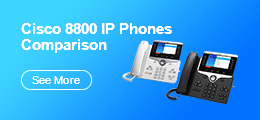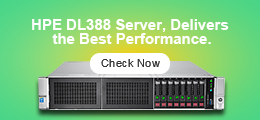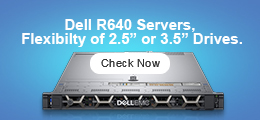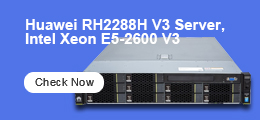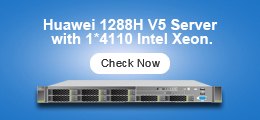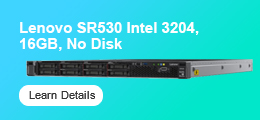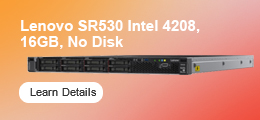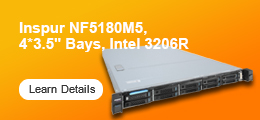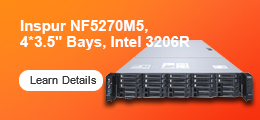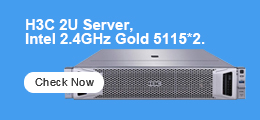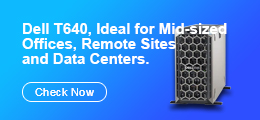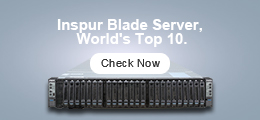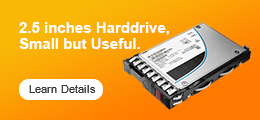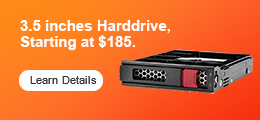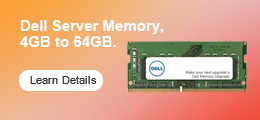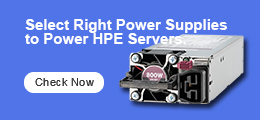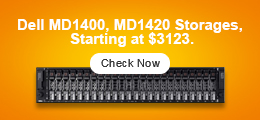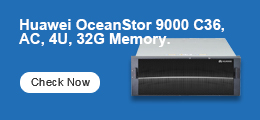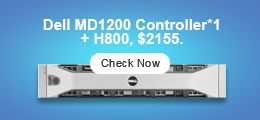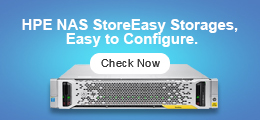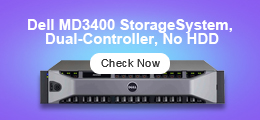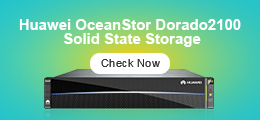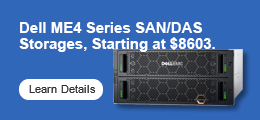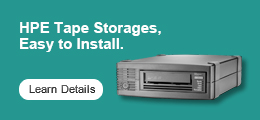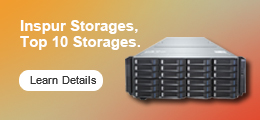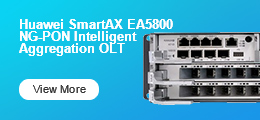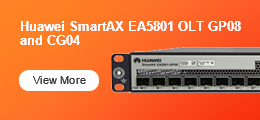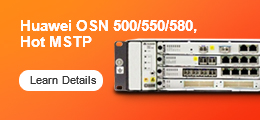A Network Attached Storage (NAS) device is a storage device connected to a network that allows storage and retrieval of data from a centralized location for authorized network users and heterogeneous clients. NAS devices are flexible and scale-out, meaning that as you need additional storage, you can add on to what you have.
A NAS is like having a private cloud in the office. It’s faster, less expensive and provides all the benefits of a public cloud onsite, giving you complete control.
NAS devices are perfect for small businesses because they are:
- Simple to operate, a dedicated IT professional is often not required
- Lower cost
- Easy to use for back up of data, so it’s always accessible when you need it
- Good at centralizing data storage in a safe, reliable way
With a NAS device, data is continually accessible, making it easy for employees to collaborate, respond to customers in a timely fashion, and promptly follow up on sales or other issues because information is in one place. Because a NAS device is like a private cloud, data may be accessed remotely using a network connection, meaning employees can work anywhere and anytime.
What Can You Do With a NAS?
Once you decide that you need to store files on a network drive, you then need to figure out what you want to do with them in order to determine what kind of NAS you need. For example, sharing access to Office files like spreadsheets and Word documents with your coworkers is a relatively simple job for a NAS. If you're using the NAS to back up your laptops overnight, that's pretty straightforward as well. But if you're serving HD videos over your home network to two tablets, a laptop, and your smart TV simultaneously, you'll want a NAS with higher specifications for memory, processor, and network capabilities. You'll also need a more powerful NAS if you want to store media libraries, like a collection of 100,000 stock photos, for your graphics art studio.


